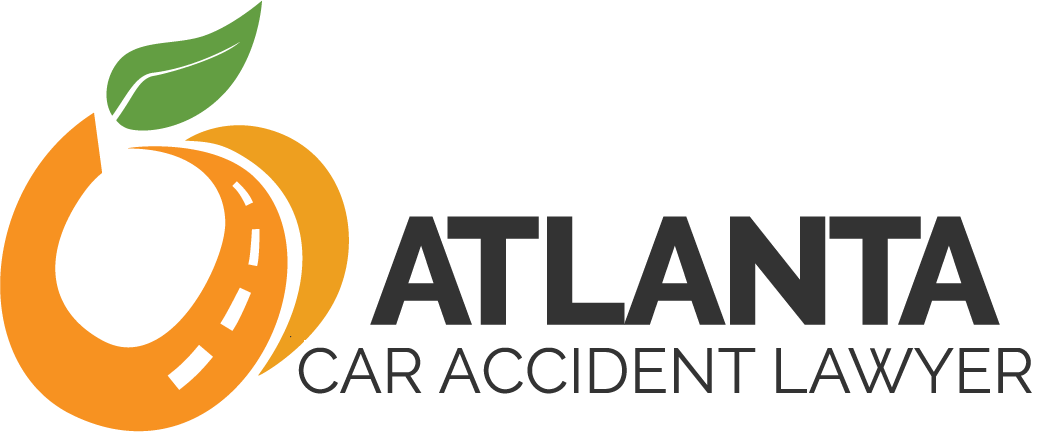
If you are sued after a car accident and you have insurance, your insurance company will probably handle your defense. You may be asked to provide evidence or sworn testimony as the case progresses. Most car accident lawsuits settle before trial, but if yours does go to trial, you may have to testify.
If you lose your case at trial, you will not be sent to jail or prison—a lawsuit is not a criminal case. But you may be ordered to pay money to the person who sued you. Your insurance company will take care of this, up to your policy limits. If the verdict amount is more than your insurance, or if you do not have insurance, you could be held personally responsible. Get advice from a lawyer if you do not have adequate insurance coverage.
What happens after the lawsuit is filed?
A lawsuit begins when a person (known as the “plaintiff”) files a document in court known as a “complaint.” The complaint describes the plaintiff’s version of the facts and legal claims against you. You are known as the “defendant.” You will receive a copy of the complaint, and you should immediately notify your insurance company so they can begin the process of defending you.
The insurance company will assign a lawyer to your case, and the lawyer will file an answer with the court on your behalf. The lawyer may also file motions. These are legal documents that ask the court to make a preliminary decision on some aspect of the case.
How will I be involved in the lawsuit?
After the answer has been filed, the lawsuit moves into a phase known as “discovery.” This is just what it sounds like—each side has a chance to discover information about the other side’s case. Your lawyer may talk to you about how the accident happened, may ask you to answer written questions provided by the other side, and may ask you for other documents or information. This can seem inconvenient, but your lawyer is trying to help you and it is important to be as cooperative as possible.
You may also have to answer questions under oath at a deposition. In a deposition, you and your lawyer sit in a conference room and the lawyer for the other side asks you questions. A court reporter takes down everything that is said, word for word. The testimony you give at a deposition can be used in a motion that will end your case, or it can be used to help or hurt your testimony at trial.
Will my case end in a trial?
Probably not. TV and movies can make you think that every court case ends in a trial. But in reality, very few lawsuits ever get that far. Most are settled through negotiations. If your case does go to trial, it may be heard by a judge or by a jury. You will probably need to attend the trial and testify. If you win, you will not have to pay anything. If you lose, you may be ordered to pay money to the plaintiff. But if you have adequate insurance coverage, the insurance company will take care of everything.
After a trial, the losing party has a right to appeal the case to a higher court. In an appeal, the lawyers make written arguments about whether the court made the right rulings, based on the law and the evidence. It is possible for the ruling to change or for additional hearings to be ordered after the appeal.
What if I was injured too?
If you were injured in an accident and believe it was not entirely your fault, you may have a right to recover money to pay for your injuries. The best way to find out whether you might have a claim is to talk to car accident law firms in Atlanta Georgia. A car accident lawyer can listen to your story, explain your rights and tell you whether you have a claim.
Talk to an Atlanta Car Accident Lawyer for Free
Our lawyers have decades of experience helping accident victims get the money they deserve. We never charge you unless we can win money for you. Let us offer you a free consultation to talk about your claim and explain your options, with no obligation. Call us at (404) 341-6555 or fill out the form to the right to get your free consultation today.





